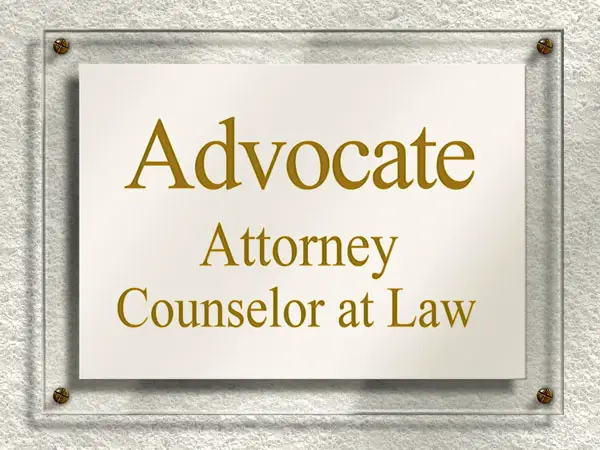When an employer is required to withhold a portion of an employee’s earnings to pay a third-party creditor, this is referred to as wage garnishment. The following below, is how to go about finding help when facing a wage garnishment. Now why should you get help? Although the amount of an employee’s wages that can be garnished varies per state law, in some cases up to 65% of take-home pay can be withheld. So it can be quite big cut on your income, which is why wage garnishment shouldn’t be ignored.
Many people first turn to an attorney for help, and most of the time, this is a good idea. In general, lawyers who handle things like bankruptcy, foreclosures, and divorces will also represent clients facing wage garnishment issues. Most will likely offer a free consultation, via phone or in-person, before requiring any payment, but be sure that you carefully read any contract that you’re presented when hiring a wage garnishment lawyer. For help locating a wage garnishment attorney in your area, try contacting your local (city or state) Bar Association. You can also search the website www.lawinfo.com for an attorney in your area.

If you’re dealing with an IRS wage garnishment, there are hundreds of firms that specialize in defending consumers who are in your predicament. A simple Google search will reveal many choices. However, as you research the options, there are a few things to keep in mind, including:
- Who works for the firm? Are there attorneys, accountants, or ex-IRS employees?
- What upfront costs are involved?
- What type of personal information do they require? Although an IRS tax relief agency will need complete information regarding your income and debts, in general, they should not require things like your bank account information or social security number. If an agency presses you for unnecessary information, this could be a red flag.
- Is the company’s complete contact information available? The absence of a physical address or phone number from their website could be a cause for concern.
- What is their Better Business Bureau (BBB) reputation? It’s an excellent idea to search the BBB’s website, www.bbb.org, for any agency that you’re considering hiring. There you’ll be able to see their BBB rating, and read any complaints that were filed against them. Another helpful website is www.ripoffreport.com where consumers can post information regarding negative experiences they’ve had with a company.
Lastly, if you’re considering other debt management solutions such as debt consolidation or settlement, there are many agencies that specialize in this. However, this field is also populated with plenty of scams, so be sure to thoroughly investigate any company before you sign up for their services.
A good place to start is your local Consumer Protection Office (CPO,) which can provide you with a list of credit counseling agencies. A link to CPO office’s by state can be found at http://www.usa.gov/directory/stateconsumer/index.shtml. While no guarantee, it’s also a good idea to look for an organization that’s a member of the National Federation of Credit Counseling (http://www.nfcc.org.)
Lastly, trust your instincts, and be wary of hard-core sales pitches. While debt consolidation and settlement are valid options, as the old adage goes – if something sounds too good to be true, chances are it is.

